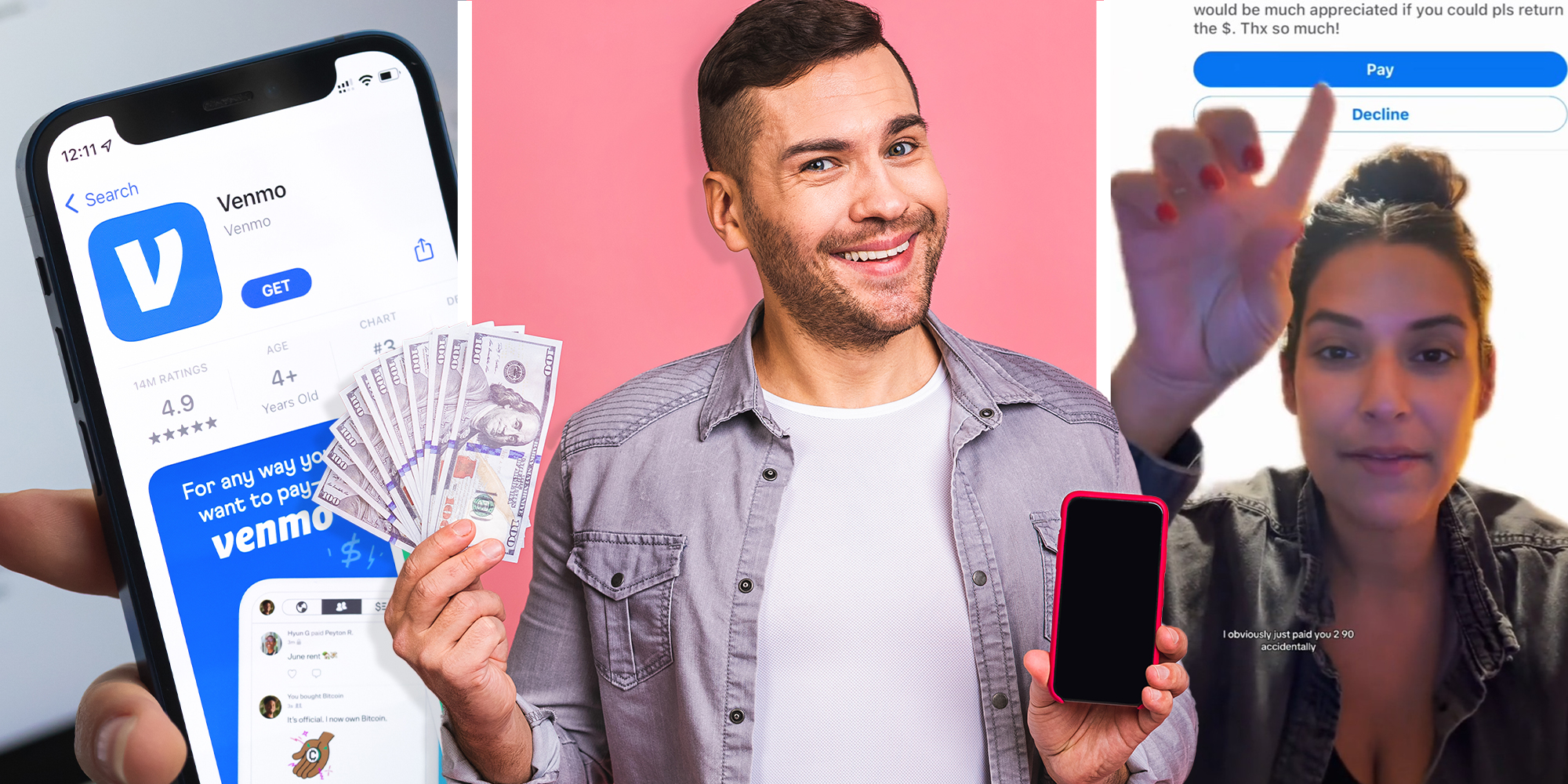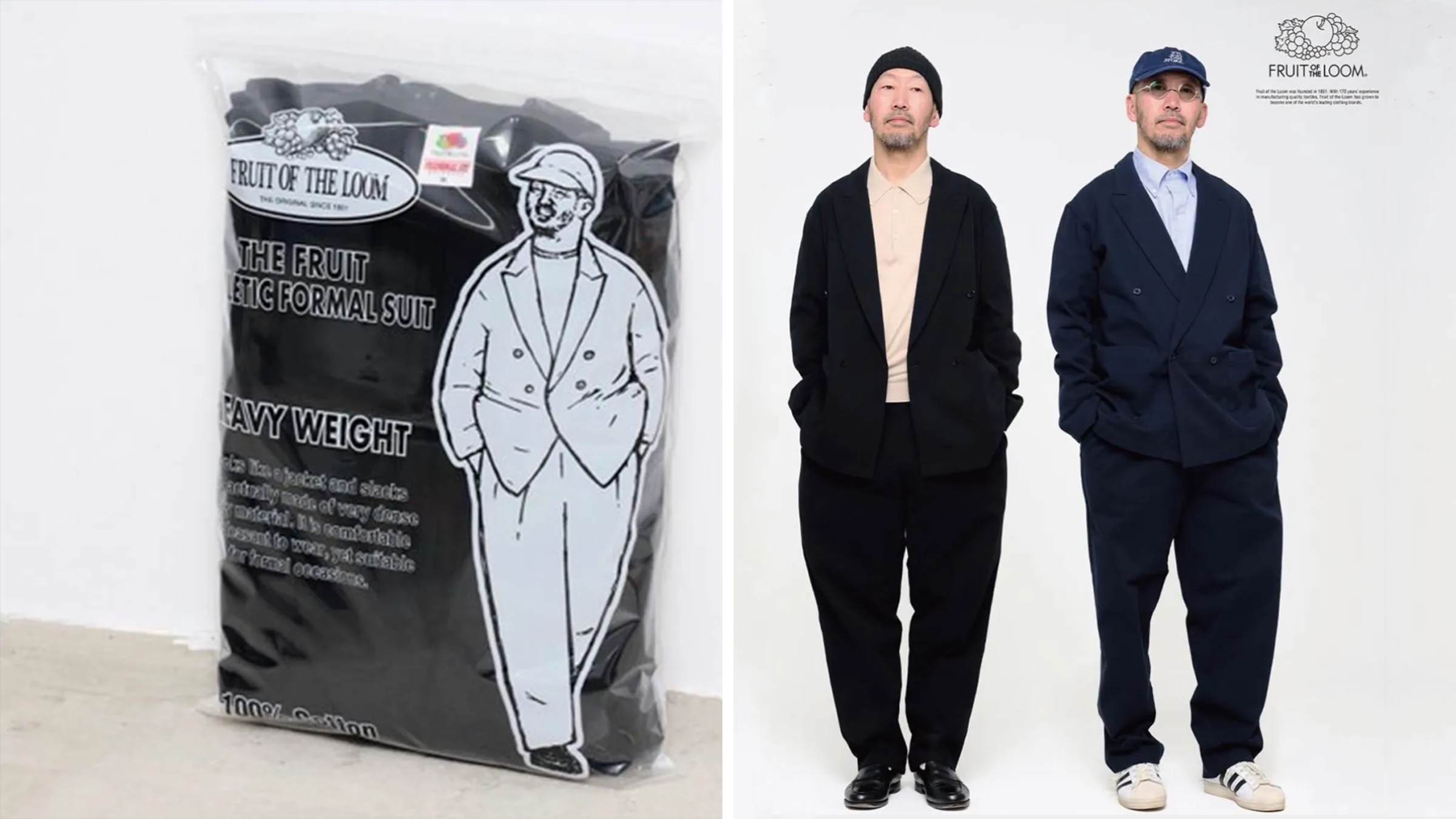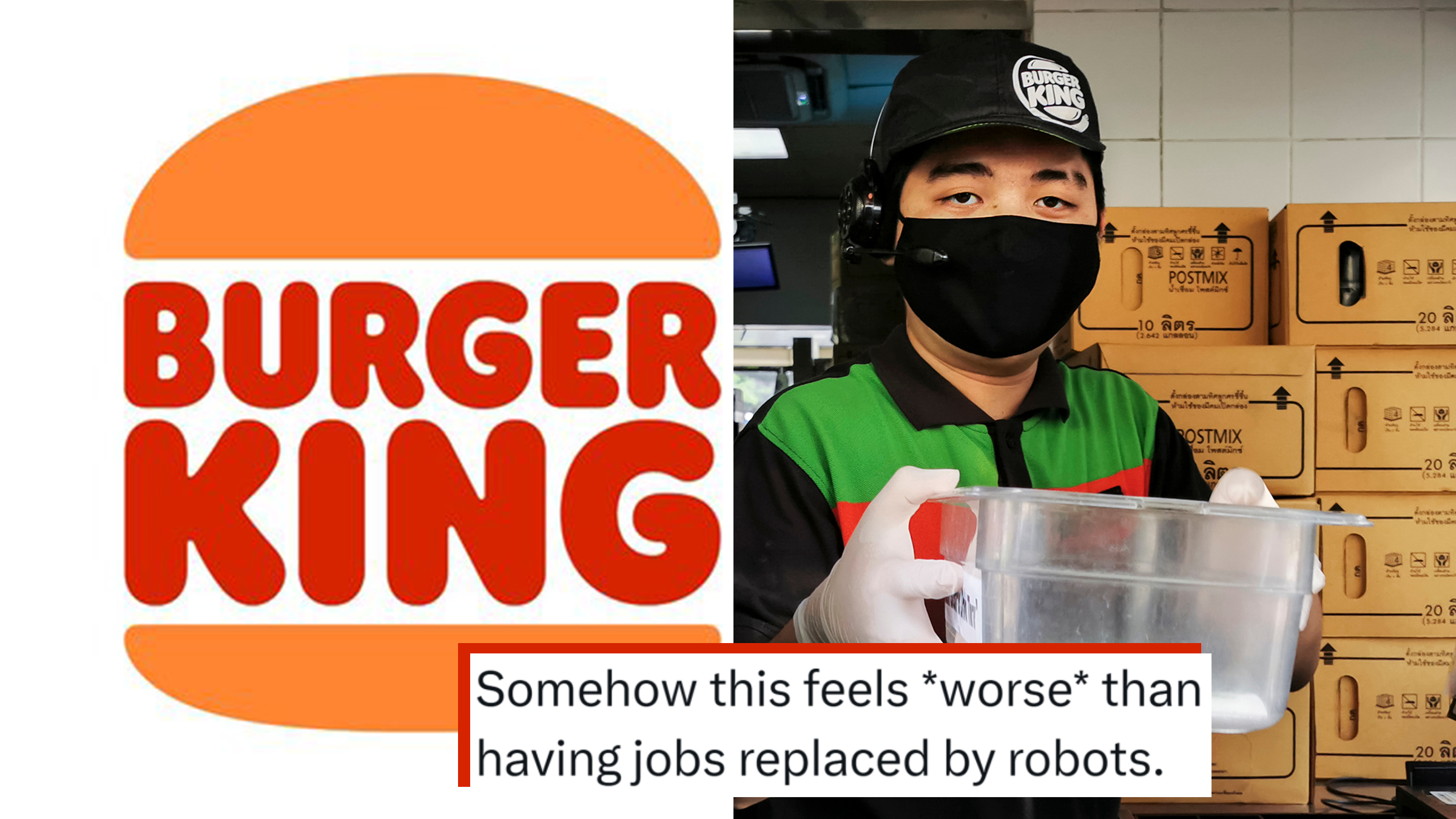Don't fall for this (or any of the other dozen) Venmo scams out there. They're getting harder to detect each time.
In the digital age, it's easy to send and receive money at a moment's notice without ever having to withdraw cash.
Financial services like Venmo, CashApp, and Zelle have revolutionized how we send money digitally. Gone are the days of waiting 2 to 3 business days for a transfer to hit an account.
But, with digital ease come digital predators.
Is this a scam?
In a viral video nearing a quarter million views, financial wellness influencer Jenna Herrera (@themoneymom) shared that she got a "completely random" Venmo notification from a stranger.
A guy named Kenneth Ford sent her $300 ($290.03 after seller transaction fees) for "wood."
He quickly sent her a Venmo request with a follow-up message saying, "I obviously just paid you $290 accidentally. It would be much appreciated if you could pls return the $. Thx so much!"
Herrera's gut told her something was off, so she did a bit of research and found that this is a common technique scammers use.
With this scam, a person may send you money with stolen financial information and then request that you send it back.
You send it into their account, but then when the true owner of the original banking information sees the initial stolen funds it gets taken out of your account, leaving you in a deficit.
@themoneymom what now? #idk
♬ original sound - JENNA HERRERA
In this case, Herrera would have been out $300.
"I declined the request. I still have the $300 in my account. What do I do with it? I'm not gonna send it back to this guy. How does it get back to its rightful owner?" she asked.
Venmo suggests that in this situation you should contact them as soon as possible to help reverse the payment.
Common Venmo scams
People try to pull scams on Venmo every day. So much so that the Venmo Help desk has a whole table of contents of common scams to look out for. They include (but are not limited to):
- Fake prize or cash reward: The scammer sends you a text or mail with a bogus link that asks for your Venmo login information
- Call or text from Venmo: The scammer pretends to be from Venmo and asks for your multi-factor authentication code. Don't give it to them, you should only be entering the code on your own device upon login.
- Fake payment confirmation or request for tracking details: As a seller a scammer may send you fake screenshots of proof of payment, but when you check your own account no funds were delivered. They also say they'll hold off on payment until the item ships or use stolen credit card or bank info. For the latter, when the actual owner of the payment method realizes, the payment can get reversed if they file a claim with their bank.
- Stranger posing as a friend: If your payment history is public, a scammer can see who you've interacted with and make a fake profile pretending to be one of your friends. They'll then send an urgent message, potentially saying something like that they're at the grocery store and left their wallet and need $XX right away.
- Romance scam: And of course, scammers will prey on one of the most universal needs, the desire for romantic connection. After catfishing you on another platform, they'll make a fake profile on Venmo and make emotional pleas for money or say they need help covering the expenses of visiting you in person.
Commenters react
"The real owner of the card is going to report that transaction and Venmo will reverse it so just leave it there," a top comment pointed out.
"This happened to me and I went shopping at ulta with it," a person shared.
"I’ve venmoed the wrong person before and asked for it back accidents do happen," another wrote.
The Daily Dot reached out to Herrera for comment via email and Instagram direct message and to Venmo via email.
Internet culture is chaotic—but we’ll break it down for you in one daily email. Sign up for the Daily Dot’s web_crawlr newsletter here. You’ll get the best (and worst) of the internet straight into your inbox.






